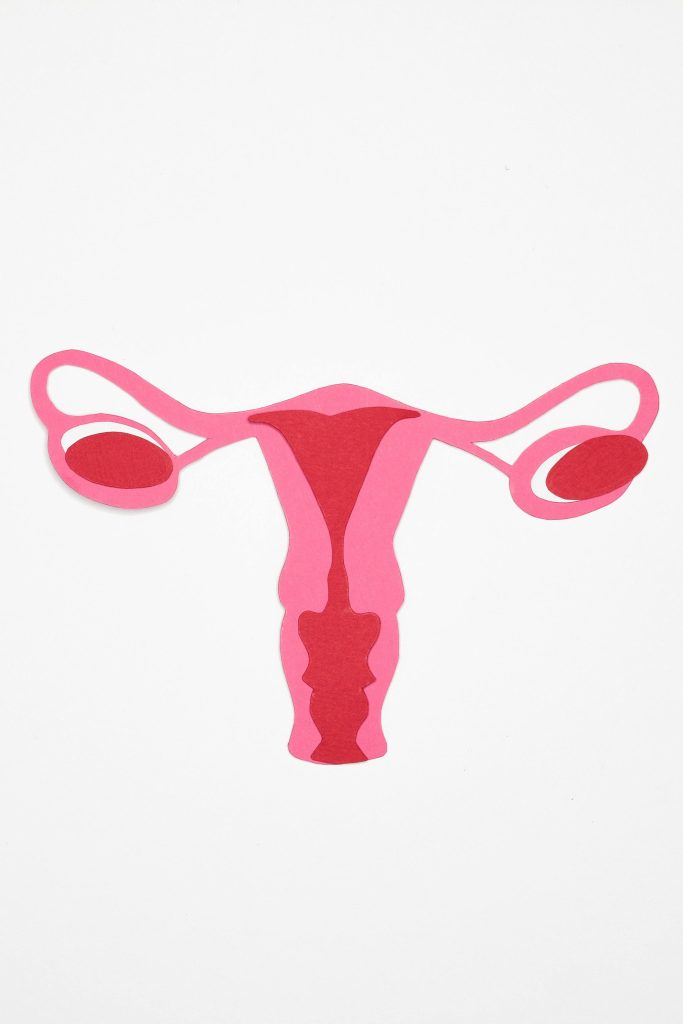Polycystic Ovary Syndrome (PCOS) is a common health condition that affects many women around the world, yet it remains widely misunderstood. If you’ve been diagnosed with PCOS or suspect you might have it, you’re not alone. In fact, PCOS is one of the most common causes of hormonal imbalance in women of reproductive age.

What is Polycystic Ovary Syndrome (PCOS)?
PCOS is a condition where a woman’s hormones are out of balance, affecting her menstrual cycle, fertility, and overall health. The name “polycystic ovary syndrome” comes from the multiple small cysts (fluid-filled sacs) that can form on the ovaries, though not every woman with PCOS has cysts. It’s primarily caused by an imbalance of reproductive hormones, particularly insulin and androgens.
Women with PCOS often have higher levels of androgens, which can interfere with the normal development and release of eggs from the ovaries. This can lead to irregular menstrual cycles and difficulty getting pregnant. Additionally, PCOS can cause symptoms like excessive hair growth, acne, and weight gain, all of which can affect a woman’s self esteem and overall wellbeing.
Common Symptoms of PCOS
While symptoms can vary widely, the most common signs of PCOS include:
Irregular Periods: Many women with PCOS have infrequent, irregular, or absent periods. Some may have periods every few months, while others might have them more frequently.
Excess Androgen Levels: Elevated levels of androgens can cause symptoms like:
– Excessive hair growth (hirsutism) on the face, chest, back, or abdomen
– Acne and oily skin
– Thinning hair on the scalp, similar to male-pattern baldness.
Polycystic Ovaries: Ultrasound images may show ovaries with multiple small cysts. These cysts are not harmful, but they can contribute to hormone imbalances. It’s important to note that having cysts alone doesn’t mean you have PCOS.
Infertility: Because PCOS can prevent regular ovulation, women with this condition may have difficulty conceiving. However, many women with PCOS are still able to get pregnant with the right treatment.
Weight Gain: Many women with PCOS struggle with weight gain, especially around the abdomen, and have difficulty losing weight.
Skin Tags and Darkened Skin: Skin tags are small, soft growths that can appear in the armpits or neck, and some women may develop darkened skin patches, particularly around the neck or groin.

What Causes PCOS?
The exact cause of PCOS is still not completely understood, but several factors are believed to contribute to its development:
Hormonal Imbalance: Women with PCOS often have higher levels of androgens, which can prevent the ovaries from releasing eggs regularly. This imbalance can also lead to the characteristic symptoms like acne and excessive hair growth (Azziz et al., 2004).
Insulin Resistance: Insulin is a hormone that helps control blood sugar. Women with PCOS often have insulin resistance, meaning their bodies need more insulin to keep blood sugar levels stable. Over time, high insulin levels can lead to weight gain and contribute to other symptoms (Legro et al., 2003).
Genetics: PCOS often runs in families, suggesting that there may be a genetic component. If your mother or sister has PCOS, you might be more likely to develop the condition yourself (Tehrani et al., 2011).
Inflammation: Studies suggest that women with PCOS may have higher levels of inflammation in the body, which can contribute to insulin resistance and other symptoms (Diamanti-Kandarakis et al., 2006).
How is PCOS Diagnosed?
PCOS is diagnosed based on symptoms, medical history, and tests, including:
Physical Examination: Your doctor may check for physical signs of PCOS, like excessive hair growth or acne.
Blood Tests: Blood tests can check hormone levels, such as androgens, and measure insulin levels to determine if you have insulin resistance.
Ultrasound: A pelvic ultrasound can show the presence of cysts in the ovaries. However, having cysts alone is not enough for a diagnosis, and other criteria must also be met.
A diagnosis of PCOS is usually made when a woman has at least two of the following three features:
– Irregular periods or anovulation (lack of ovulation)
– High levels of androgens or symptoms like excessive hair growth and acne
– Ovarian cysts, as seen on ultrasound
Treatment Options for PCOS
Although there is no cure for PCOS, there are various treatments to help manage symptoms and improve quality of life. Treatment plans are typically tailored to a woman’s specific symptoms and health goals, such as managing menstrual irregularities, reducing excess hair growth, or addressing fertility issues.
1. Hormonal Birth Control
Birth control pills, patches, or rings can help regulate menstrual cycles and lower androgen levels, which reduces symptoms like acne and excessive hair growth. They may also provide protection against endometrial cancer, which women with PCOS are at higher risk for due to infrequent periods.
2. Medications to Manage Symptoms
Metformin, a drug used to treat type 2 diabetes, may help improve insulin sensitivity in women with PCOS, reduce insulin resistance, and assist with weight management (Baillargeon et al., 2006).
Anti-androgen medications may help manage excess hair growth and acne by blocking the effects of androgens.

3. Lifestyle Changes
Diet: Maintaining a healthy weight may help regulate periods, improve insulin sensitivity, and boost fertility. Eating a balanced diet with plenty of fibre, plant protein, and healthy fats while avoiding processed foods can be helpful.
Exercise: Regular exercise may help manage insulin resistance, support weight loss, and may alleviate mood swings.
4. Hair Removal and Skin Care
Treatments like laser hair removal, electrolysis, or topical creams can help reduce unwanted hair growth.
Topical acne treatments can help manage skin issues.
Living with PCOS
PCOS can be a challenging condition, especially with its impact on fertility, appearance, and overall wellbeing. However, with the right treatment, many women with PCOS are able to manage their symptoms.
If you suspect you have PCOS or are experiencing symptoms, it’s important to talk to your healthcare provider for an accurate diagnosis and treatment plan. Early intervention can help prevent long term health issues like diabetes or heart disease, both of which women with PCOS are at increased risk for.
References
Azziz, R., Woods, K. S., Reyna, R., et al. (2004). The prevalence and features of the polycystic ovary syndrome in an unselected population. The Journal of Clinical Endocrinology & Metabolism, 89(6), 2745-2749. https://doi.org/10.1210/jc.2003-032046
Baillargeon, J. P., Carreau, A. M., & Paton, P. (2006). Insulin resistance in women with polycystic ovary syndrome: A review. Journal of Women’s Health, 15(2), 138-147. https://doi.org/10.1089/jwh.2006.15.138
Diamanti-Kandarakis, E., Papavassiliou, A. G., & Kandarakis, S. A. (2006). Molecular mechanisms of insulin resistance in polycystic ovary syndrome. The Journal of Clinical Endocrinology & Metabolism, 91(9), 3637-3643. https://doi.org/10.1210/jc.2006-1221
Legro, R. S., Arslanian, S. A., & Ehrmann, D. A. (2003). Diagnosis and treatment of polycystic ovary syndrome. The American Journal of Medicine, 115(3), 129-141. https://doi.org/10.1016/j.amjmed.2003.04.005
Tehrani, F. R., Simbar, M., & Amiri, M. (2011). The familial aggregation of polycystic ovary syndrome and its implications for clinical practice. Reproductive Biology and Endocrinology, 9(1), 40. https://doi.org/10.1186/1477-7827-9-40
